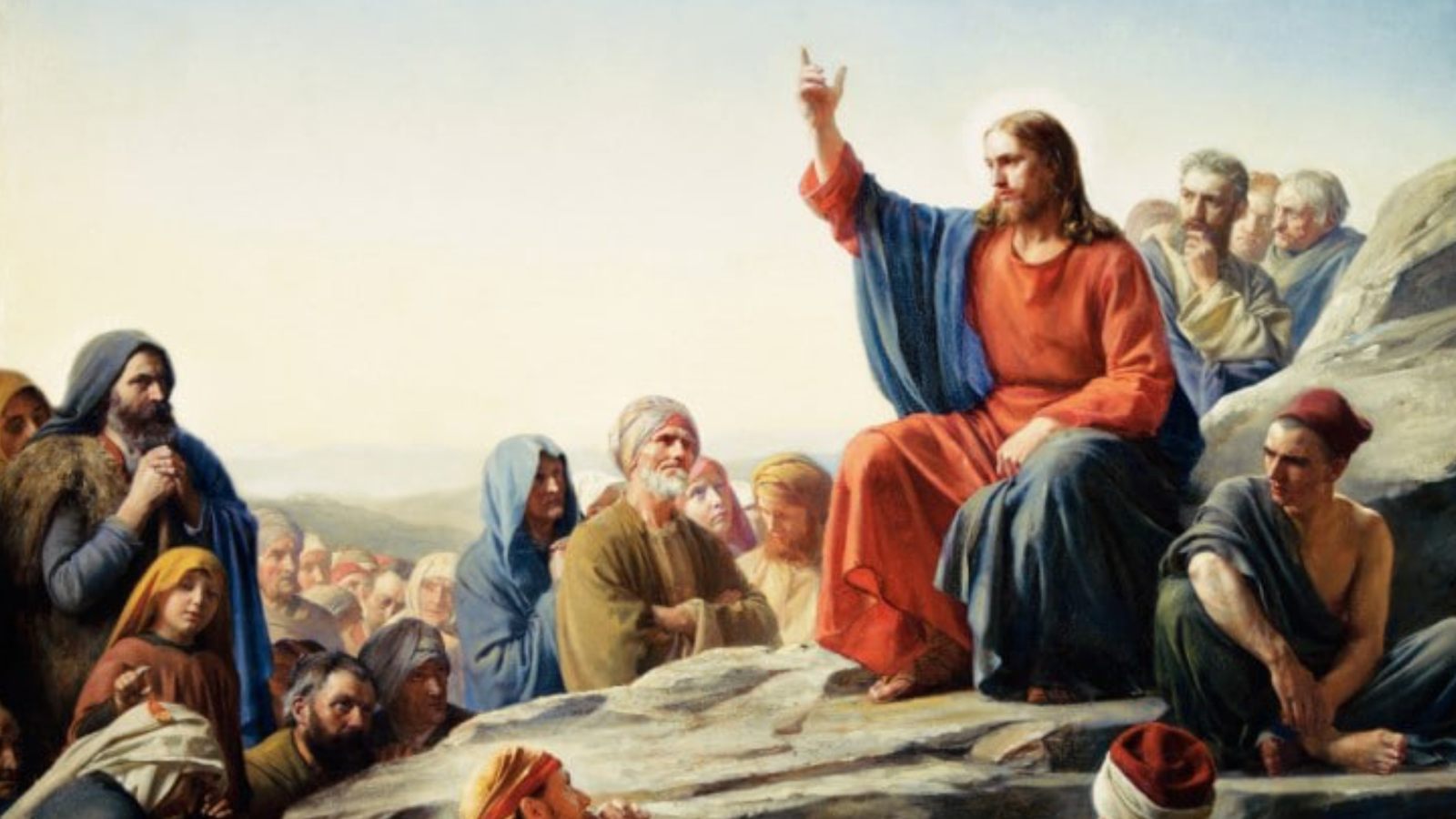The Parables of Jesus: Lessons for Today

The parables of Jesus continue to inspire, teach, and challenge believers around the world. These simple yet profound stories, often shared with His disciples and crowds, offer timeless wisdom that resonates deeply with people from all walks of life. Though the stories were told centuries ago, their messages remain incredibly relevant today, guiding us through modern dilemmas, teaching us about compassion, justice, love, and the kingdom of God.
The Parable of the Good Samaritan: A Call to Compassion Across Boundaries
In the Parable of the Good Samaritan, Jesus tells the story of a man who was beaten, robbed, and left for dead. A priest and a Levite, both respected figures of Jewish society, pass by without helping. However, a Samaritan—a member of a group despised by Jews at the time—stops to offer aid, bandaging the man’s wounds and ensuring he is cared for. Jesus uses this story to teach the importance of loving our neighbors, regardless of their race, religion, or social status.
In today’s world, where division and prejudice still exist, this parable serves as a powerful reminder. It challenges us to look beyond our biases and show compassion to those in need, no matter their background. The lesson of the Good Samaritan calls us to move beyond indifference and actively engage in acts of kindness and mercy, reflecting God’s love in tangible ways.
The Parable of the Prodigal Son: Redemption and Unconditional Love
The Parable of the Prodigal Son is one of the most moving stories in the Bible. A young man asks his father for his inheritance, leaves home, and squanders his wealth in reckless living. When a famine strikes and he finds himself destitute, he returns to his father, asking for forgiveness. Instead of reprimanding him, the father runs to embrace him, expressing unconditional love and welcoming him back home.
This parable teaches us about the power of forgiveness and the unchanging love of God. No matter how far we stray or how badly we may fail, God’s love is always available to us. The father in the story represents God’s willingness to forgive and accept us back, no matter our past mistakes. In a world that often feels unforgiving, this story offers hope and reassurance, teaching us to extend grace to others and seek reconciliation when relationships are broken.
The Parable of the Sower: Cultivating a Receptive Heart
In the Parable of the Sower, Jesus describes a farmer who scatters seed on four types of soil: the path, rocky ground, thorns, and good soil. The seed represents the Word of God, and the different soils symbolize the varying responses of people to that Word. Some are hardened and resistant, while others receive the Word joyfully but fall away in times of trouble. Still, some allow the distractions of life to choke the message, while others embrace it fully, allowing it to grow and produce a harvest.
This parable encourages us to examine the condition of our hearts. Are we open and receptive to God’s Word, or do we allow distractions, difficulties, or our own doubts to hinder spiritual growth? In today’s fast-paced world, it’s easy to get caught up in worries or worldly concerns, but this story calls us to cultivate hearts that are fertile ground for the message of Christ. When we are receptive, we can bear fruit that impacts our lives and the lives of others.
The Parable of the Talents: Using Our Gifts Wisely
The Parable of the Talents speaks to the responsibility we have to use the gifts, talents, and resources God has entrusted to us. In the story, a master gives three servants different amounts of money (talents) before going on a journey. The first two servants invest the money wisely and double what they were given. The third servant, however, hides his talent out of fear. When the master returns, he rewards the first two servants for their faithfulness but reprimands the third servant for not using what was entrusted to him.
This parable teaches the importance of stewardship. God has given each of us unique abilities, opportunities, and resources, and He calls us to use them to make a positive difference in the world. Whether through our careers, relationships, or acts of service, we are expected to faithfully manage what God has entrusted to us. The parable encourages us to be bold in using our talents, not out of fear but in faith, knowing that God honors those who use their gifts for His glory.
The Parable of the Lost Sheep: God’s Relentless Love
In the Parable of the Lost Sheep, Jesus tells of a shepherd who leaves his ninety-nine sheep to search for the one that is lost. When he finds it, he rejoices and brings it back into the fold. This parable illustrates God’s relentless pursuit of each individual, showing that no one is too far gone for God to reach. It also reflects the joy in heaven when a sinner repents and returns to God.
This story reminds us of God’s deep love for each of us, and His desire for all to come to Him. It also challenges us to reflect that same love and care for others. In a world where people often feel abandoned or forgotten, the parable teaches us to seek out those who are lost—whether spiritually or emotionally—and bring them back into the fold with love, patience, and grace.
The Parable of the Rich Fool: Living with Eternal Perspective
In the Parable of the Rich Fool, Jesus tells the story of a man who builds bigger barns to store his wealth, only to die suddenly, leaving all his riches behind. Jesus warns that accumulating material wealth without considering the eternal implications of life is foolish. He challenges His followers to prioritize spiritual treasures over earthly possessions.
This parable offers a timely lesson in today’s consumer-driven society, where the pursuit of wealth and status can often overshadow spiritual growth. Jesus reminds us that life is short, and the true measure of our success is not found in material wealth but in our relationship with God and our investment in eternal things. The parable calls us to live with an eternal perspective, using our resources to further God’s kingdom and serve others, rather than hoarding them for ourselves.
Conclusion: Applying the Parables of Jesus in Our Lives Today
The parables of Jesus provide not only deep spiritual truths but also practical lessons for how we are to live our daily lives. They challenge us to love beyond our own boundaries, to forgive as we have been forgiven, to use our gifts faithfully, and to seek after the things that truly matter. These lessons are not just for biblical times but are as relevant today as they were when Jesus first told them.
As we navigate our modern world, filled with distractions and challenges, the parables call us to reflect on the condition of our hearts and our relationship with God. They invite us to live lives that reflect His love, compassion, and justice, and to bring the message of hope and redemption to a world in desperate need of both.
Frequently Asked Questions (FAQs)
- Why did Jesus use parables?
- Jesus used parables because they were simple, memorable stories that conveyed deep spiritual truths. They made complex ideas more accessible to His listeners while encouraging reflection and personal application.
- How do the parables apply to modern life?
- The parables of Jesus speak to universal human experiences and struggles, such as the pursuit of wealth, the need for forgiveness, and the importance of compassion. They offer practical lessons for how to live out our faith in a way that honors God and serves others.
- What is the message of the Parable of the Sower?
- The Parable of the Sower teaches us about the different ways people respond to God’s Word. It challenges us to examine the condition of our hearts and to ensure that we are open and receptive to His message, allowing it to take root and bear fruit in our lives.









